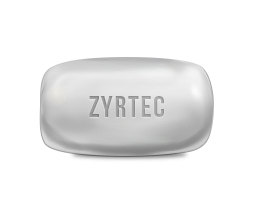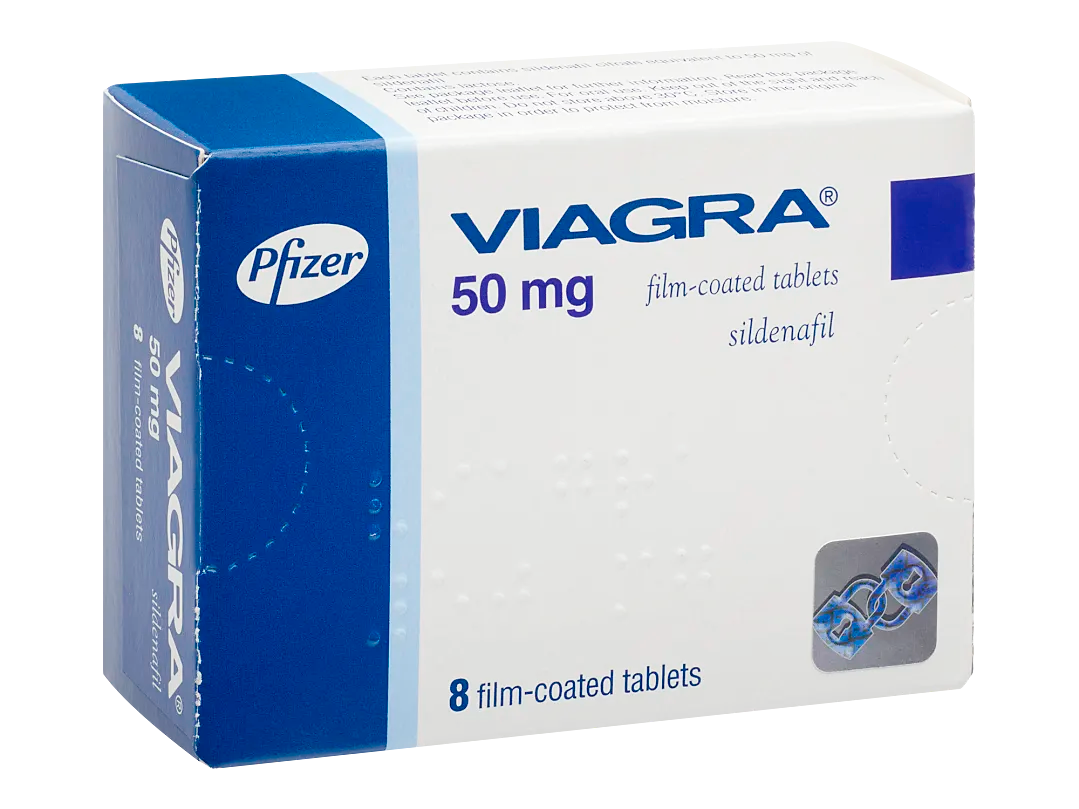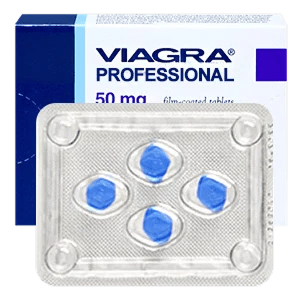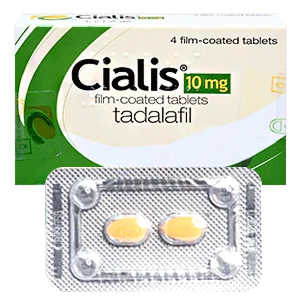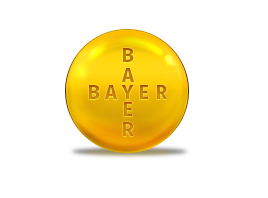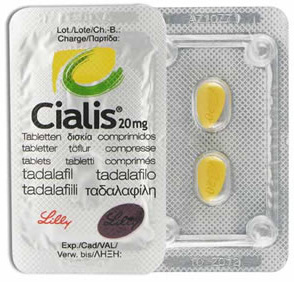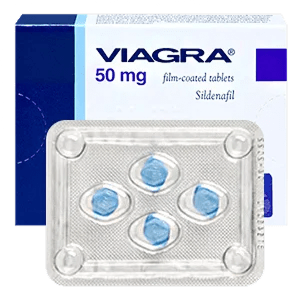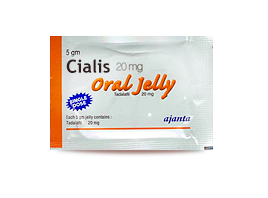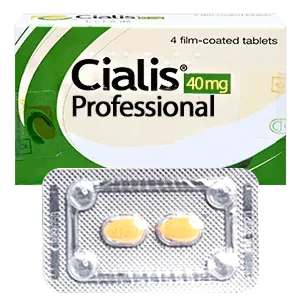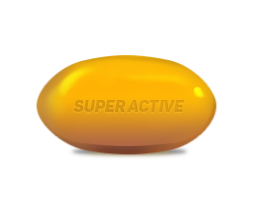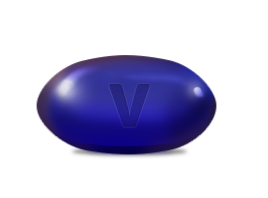Zithromax - antibiotic of a wide spectrum of action. Antibiotic-azalide, a representative of a new subgroup of macrolide antibiotics. In the focus of inflammation it has a bactericidal effect. For the active ingredient of Zithromax, Azithromycin, all the gram-positive cocci (except those bacteria which are resistant to erythromycin) are susceptible.
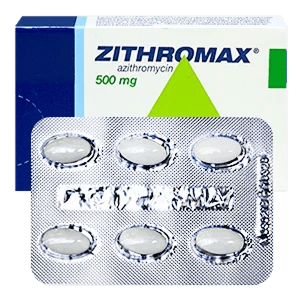
Amoxil - is a semi-synthetic aminopenicillin antibiotic of broad spectrum effects for oral administration. Suppresses the synthesis of the cell wall of the following bacteria: Corynebacteriumdiphtheriae, Enterococcus faecalis, Listeria monocytogenes, Streptococcus agalactiae, Streptococcus bovis, Streptococcus pyogenes; Helicobacter pylori; Peptostreptococcus; Borrelia.
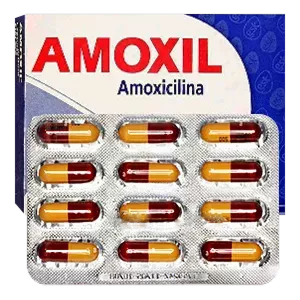
Doxycycline is a semi-synthetic antibiotic of a broad spectrum of tetracyclines. Causes bacteriostatic action by suppressing protein synthesis of pathogens as a result of blocking the aminoacyl transport RNA (tRNA) with the "information RNA (rRNA) complex" ribosome.
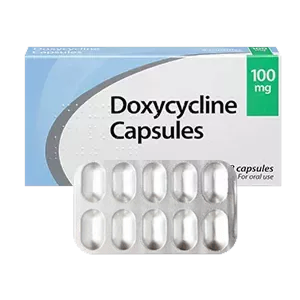
Cipro - the antimicrobic broad-spectrum agent derivative of fluroquinolone, suppresses bacterial DNA gyrase, breaks DNA synthesis, growth and division of bacteria; causes prominent morphological changes and fast death of a bacterial cell. It effects bactericidal at gram-negative organisms during a dormant period and deletion, on gram-positive microorganisms - only during deletion. During taking Cipro there is no parallel development of resistance to other antibiotics, which do not belong to group of inhibitors of a gyrase that does it highly effective in relation to bacteria which can be steady, for example to aminoglycosides, penicillin, cephalosporins, tetracyclines and many other antibiotics.
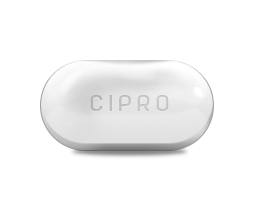
Augmentin - the Antibiotic of a broad spectrum of activity. It has bacterolytic (destroying bacteria) effect. It is active concerning a wide range of aerobic and anaerobic gram-positive and aerobic gramnegative microorganisms, including strains producing betalactamase. It is prescribed at diagnosing of bacterial infections caused by microorganisms, sensitive to drug: infections of upper respiratory tracts, bacterial infections of skin and soft tissues, infections of urogenital tract, sepsis, infection pelvic organs.
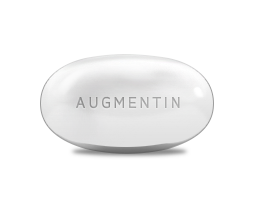
Erythromycin is a macrolide antibiotic of bacteriostatic action. In high concentrations and relatively high-sensitivity microorganisms may have a bactericidal effect.
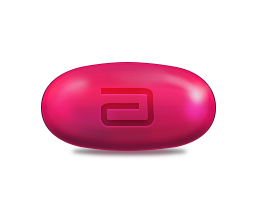
Celexa - antidepressant. Brings energy, stops feeling of alarm, reduces sensation of fear and tension, eliminates dysphoria, reduces persuasive feelings, practically does not cause sedation. The lasting clinical effect develops in 7-10 days of regular reception. The mechanism of action is connected with selective blockade of the return neuronal serotonin reuptake in synapses of neurons of CNS with a minimum effect concerning reuptake of noradrenaline and dopamine.
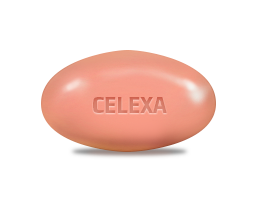
Atarax - renders spasmolytic, sympatholytic and soft analgesic effect. Under the effect of the drug it is increased the general duration of a dream, reduction of quantity and duration of night awakenings, decreases the muscle tone, it does not cause memory disturbance. It isn't reffered to CNS depressants, but can oppress the activity of separate zones of subcrustal area. It possesses antihistaminic and bronchodilating effect. In usual therapeutic dose the drug has no effect on secretory and acid-forming. It is effective in treatment of itch at various allergic dermatitis, urticaria and eczema.
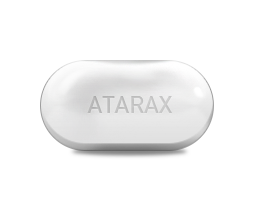
Cleocin has bacteriostatic and bactericidal activity depending on concentration of drug, infectious process and condition of an organism of the patient. Active against aerobic and anaerobic streptococcus (except for enterococci), the majority of staphylococcus except for methicillin-resistant strains, bacteroids except for Bacteroides melaninogenicus, spindle-shaped bacteria
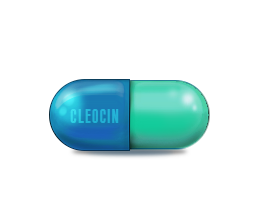
A thiazide diuretic of the average intensity, applied in arterial hypertension, edema syndrome of different origin, gestosis and diabetes insipidus. Reduces reabsorption of Na+ at the level of the Henle loop cortical segment, without affecting its segment lying in the medulla of the kidney that detects a weaker diuretic effect compared with furosemide.
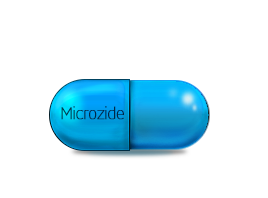
Levaquin is used to treat infections of the lower respiratory tract, urinary tract, kidneys, skin, soft tissues, chronic bronchitis, acute sinusitis, chronic bacterial prostatitis and tuberculosis. The drug is a fluoroquinolone, a broad-spectrum antimicrobial bactericide. It blocks DNA gyrase and topoisomerase IV, disrupts supercoiling and cross-linking of DNA gaps, suppresses DNA synthesis, causes profound morphological changes in the cytoplasm, cell wall and bacterial membranes.
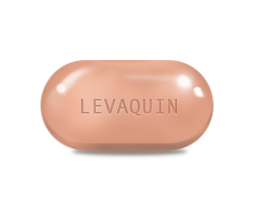
An antimicrobial agent from the nitrofurans group, especially suitable for the treatment of urinary tract infections and prevention of infections after urologic surgery or examinations (cystoscopy, catheterization, etc.). The medicine disrupts the permeability of the cell membrane and protein synthesis in bacteria.
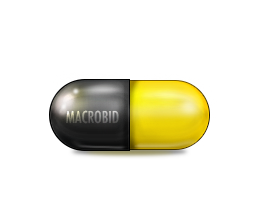
Biaxin - antibacterial agent of group of macroleads, semi-synthetic derivative of erythromycin. Biaxin is prescribed for treatment of infectious processes caused by flora, sensitive to it: sinusitis, pharyngitis, tonsillitis; folliculitis, streptoderma, erysipelatous inflammation, staphyloderma; bronchitis, community-acquired or hospital-acquired pneumonia; infections of dentoalveolar system; local or widespread mycobacterial infections caused by Mycobacterium intracellulare or Mycobacterium avium; in a complex of medicine oppressing acidity of a gastric acid for eradication of Helicobacter infection.
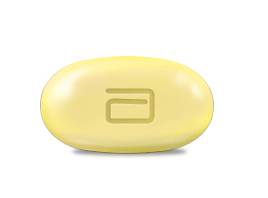
Sumycin - An antibiotic based on tetracycline, a brand of such pharmaceutical companies as Bristol-Myers Squibb, Apothecon, Par Pharmaceutical.
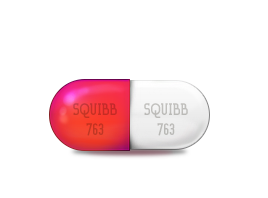
Baycip - the drug, which is highly effective at infections of urinary tracts; at intake it quickly gets into kidneys, has a long-term effuse, has bactericidal effect on Pseudomonasaeruginosa. Drug is prescribed at treatment of oncological patients. It is prescribed when it is diagnosed different respiratory infections, of skin and soft tissues, bones and joints, digestive tract, including the infections caused by a salmonella, a shigella, campylobacters.
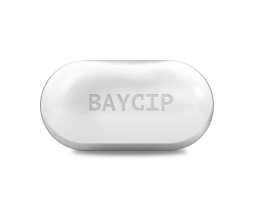
An antimicrobial agent from the fluoroquinolone group. It has a broad spectrum of antibacterial action. The therapeutical indications include bacterial infection of the urinary tract (pyelonephritis, cystitis, urethritis), genitals (prostatitis, cervicitis, endometritis), gastrointestinal tract (salmonellosis, shigellosis), uncomplicated gonorrhea. Also used to prevent infections in patients with granulocytopenia, diarrhea of travelers.
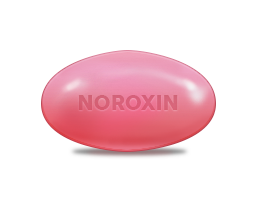
Teramycin acts depressingly on pathogens of many diseases, as well as biomycin. It is less toxic and longer preserves its action in the body. The medicine is used for the treatment of anthrax, teileriosis, cholera and pasteurellosis and other diseases.
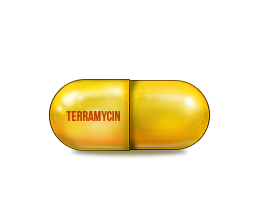
is given to patients for treating severe acne that do not respond to other medicines
